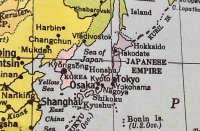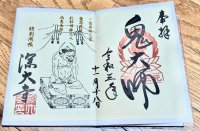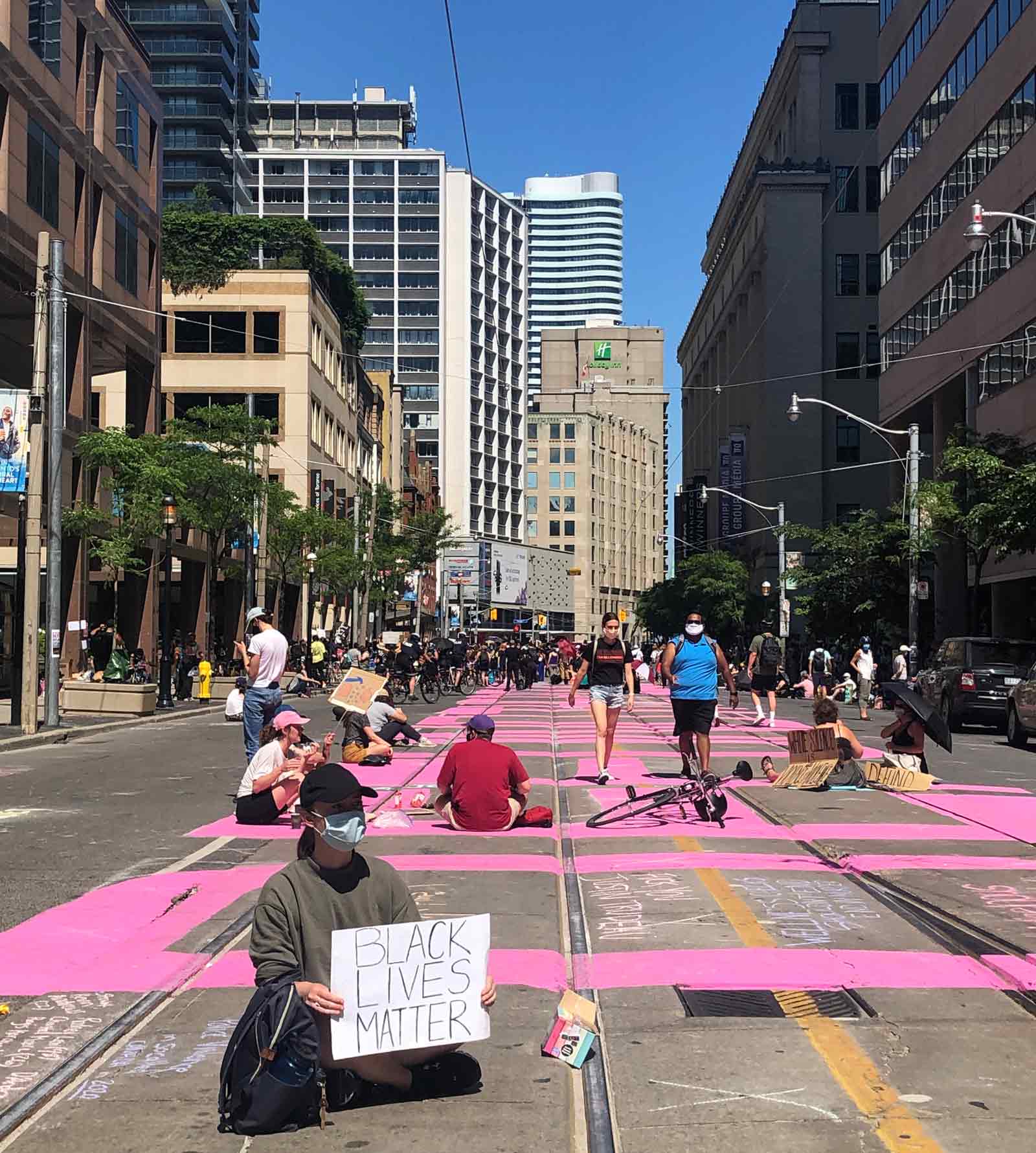This anti-groping stamp sold out within 24 hours in Japan pic.twitter.com/z7nU9SERft
— NowThis (@nowthisnews) August 30, 2019
The issue of sexual harassment, chikan, is a serious issue in Japan. A recent survey conducted by Nikkei Shinbun of 1,000 working women found 43 per cent had experienced sexual harassment and more than 60 per cent did not report it, with some reports suggesting that more than 75 per cent of all Japanese women have been groped.
The majority of women who are sexually harassed do not speak out, due to the “shame” that comes along with it and also due to the extremely humiliating and stressful police investigation, mostly conducted by male police officers. A report last year by the government’s gender equality bureau showed nearly 60 per cent of female victims of rape kept it to themselves.
Despite the number of sexual harassments and discrimination being so high, Japan is slow to embrace the #MeToo movement; however, online discourses on sexual discrimination and chikan have been increasingly active in recent years. It was no surprise that ‘anti-groping’ device created by stamp-maker Shachihata that marks attackers with invisible ink, sold out within 30 minutes in Japan .
The “anti-groping” stamps allow those who experience harassment to imprint their attackers with invisible ink and also provide a deterrent to would-be attackers, and police are then able to reveal the stamp with UV light. Shachihata said it would develop the stamp in May after conversations erupted on social media sites about how to deter groping.
The reaction on the internet, from men, is especially disturbing. They get offended, for some reason, saying that they are afraid of women stamping them without them having done anything, which is ridiculous. Though these stamps aren’t necessarily a solution to this deeply problematic cultural and societal problem, it makes, at least some women, in the meantime, feel safer. And that is always a good thing.










































